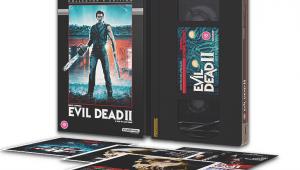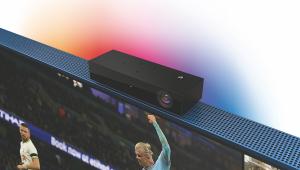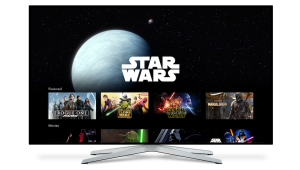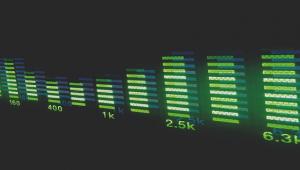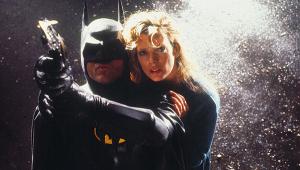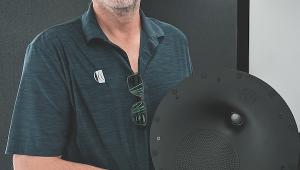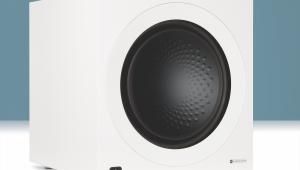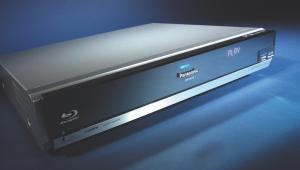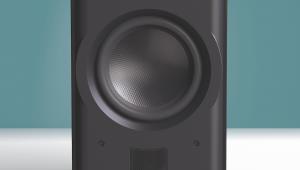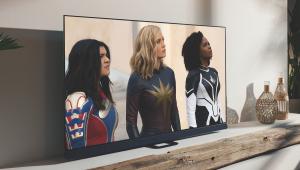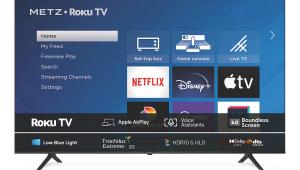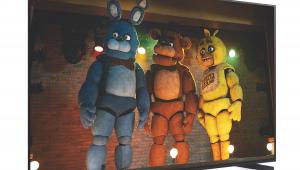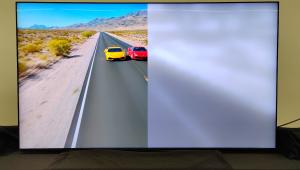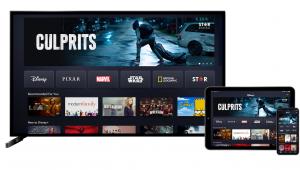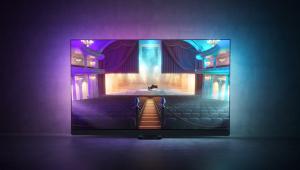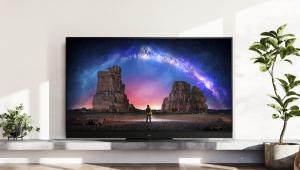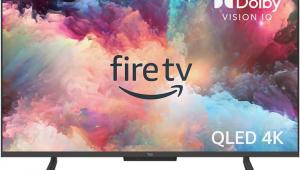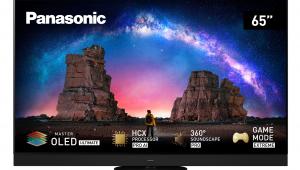Nothing will replace the magic of stumbling across a classic film while browsing TV channels
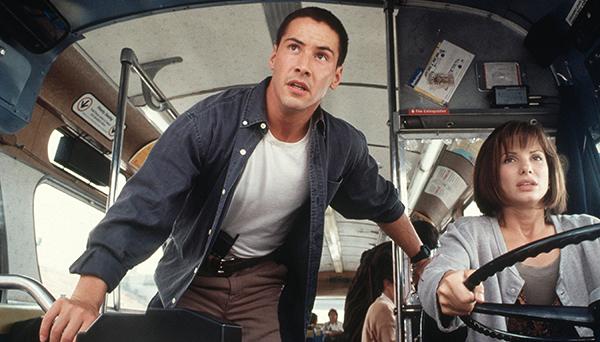
The movie (I'll tell you as a warning) was the recent Will Ferrell comedy Holmes and Watson. I use the word 'comedy' when really 'travesty' is more appropriate. It's total and utter garbage.
The very same week I had a different, almost mirrored, experience. Browsing stations late at night, I came across 1994 flick Speed. It had just started. Naturally I ended up watching all of it, because it's total and utter genius.
It's a weird one, because if it wasn't for linear TV, I probably wouldn't have chosen to view the Keanu Reeves movie – not only because I've seen it at least three times before. Blu-ray and video-on-demand have given us more choice than ever, but neither can replicate the serendipitous brilliance of randomly encountering a film on telly.
For this to happen, however, you need to have an old-school approach – flicking through channels, giving yourself enough time to ascertain what's showing before moving on (if it's ITV4 it'll probably be Shaun of the Dead). A second option is to use your TV provider's EPG. Quaint, I know.
Both these methods are falling out of fashion. The TV and VOD industry is all about curation. Increasingly, we're treated to 'recommendation lists' and 'selected highlights'. There's only so much the former can offer, even with advancements in algorithms and machine learning. As a (non-TV related) example: my Amazon account is currently suggesting I might want to purchase Wham, George and Me, the autobiography of 1980s pop-star Andrew Ridgeley, presumably because I used the website to view another autobiography from 1960s film special effects supervisor John Richardson.
'Selected' highlights, meanwhile, almost always flaunt new content. Sandra Bullock driving a bus around, 25 years ago, is never going to get a promotional push.
Equally important is the live element to all this, something that Netflix and others have grasped with their 'auto-play' functionality. Presented with a thumbnail tapestry of available content, supported by brief synopses, my brain often freezes. It's the issue of too much choice. On more than one occasion a plan to 'watch something on Netflix' has resulted with nothing actually being watched on Netflix at all, just some family bickering. But stumble across Keanu Reeves and Jeff Daniels trying to coax that woman out of a soon-to-fall elevator and you're forced to make a quick decision. And who in their right mind would turn Speed off?
The BBC is updating its iPlayer streaming platform to be more aligned with the likes of Netflix in what content is available and how long it's available for. And, in conjunction with ITV, it's launched the subscription VOD service Britbox, which again offers reams of on-demand programming at the touch of a button.
There is nothing intrinsically wrong with these developments. Technologies change, as do the demands of users. But it does make me wonder if one day the entire concept of linear TV will fall by the wayside. And if that happens, will I stop watching movies at random?
This article first appeared inHCC #306, December 2019
 |
Home Cinema Choice #351 is on sale now, featuring: Samsung S95D flagship OLED TV; Ascendo loudspeakers; Pioneer VSA-LX805 AV receiver; UST projector roundup; 2024’s summer movies; Conan 4K; and more
|

